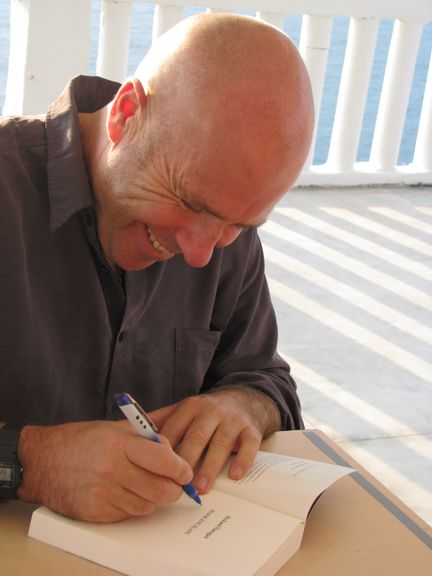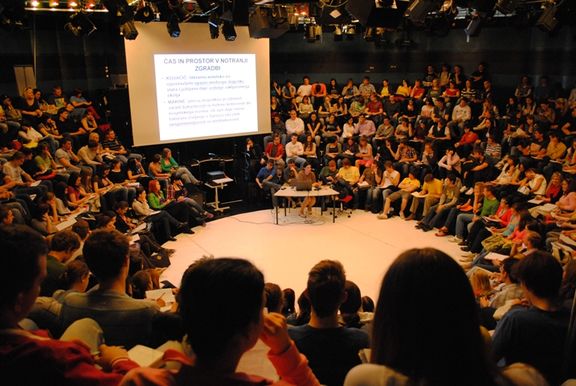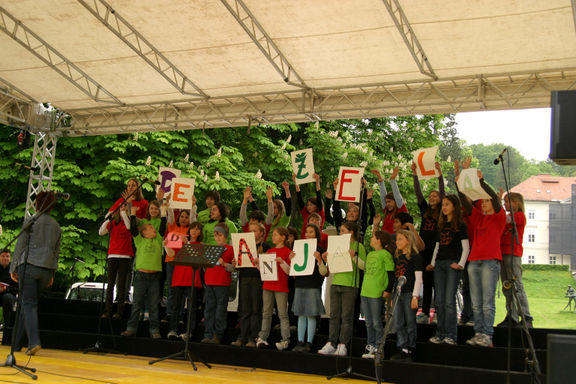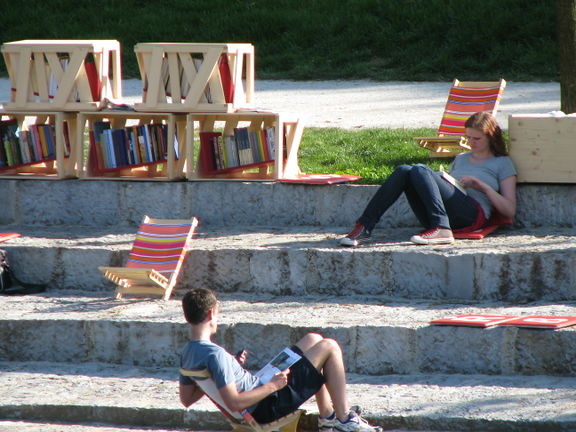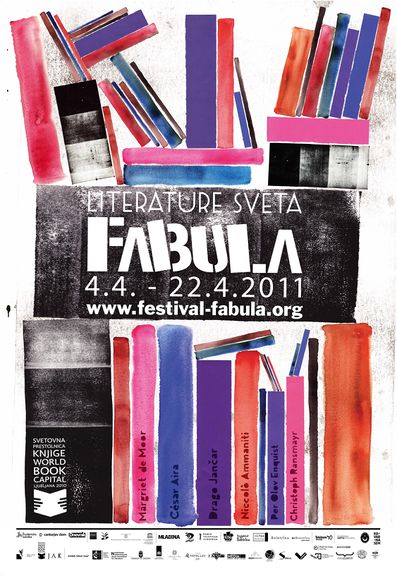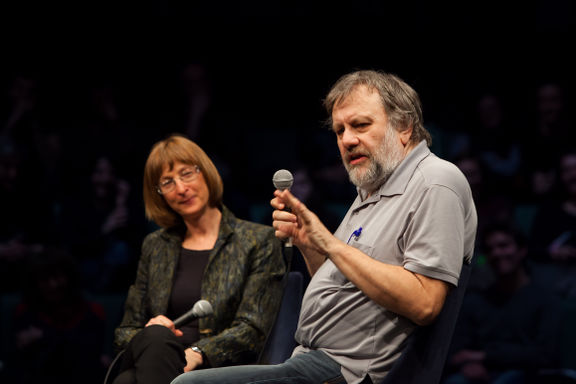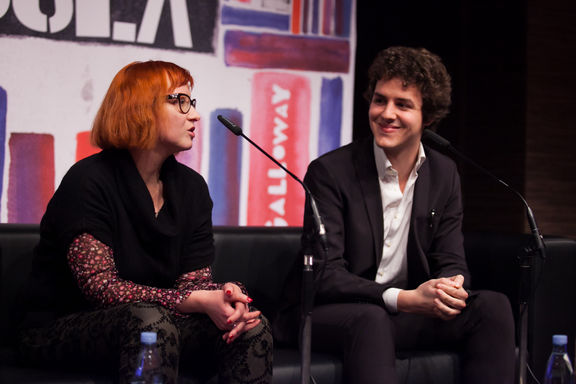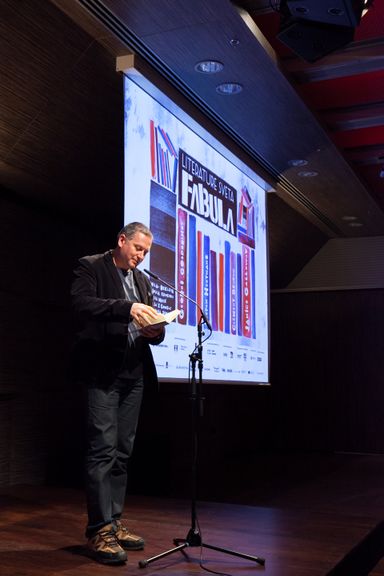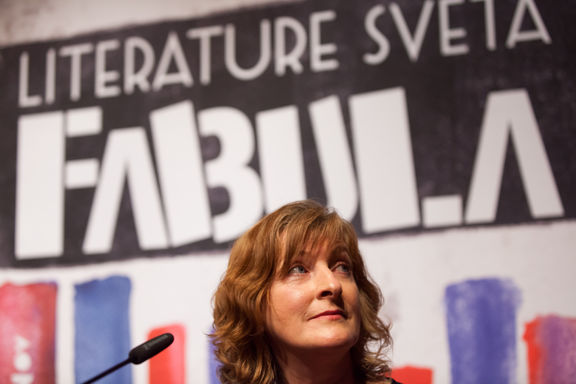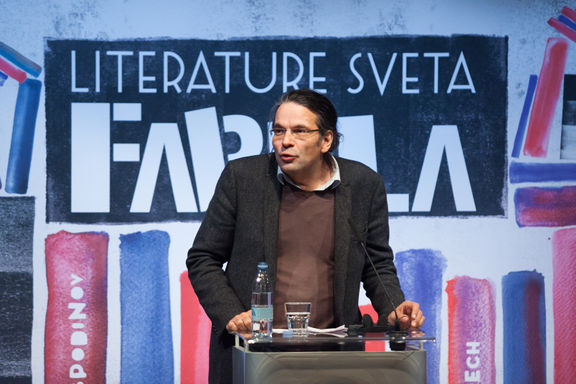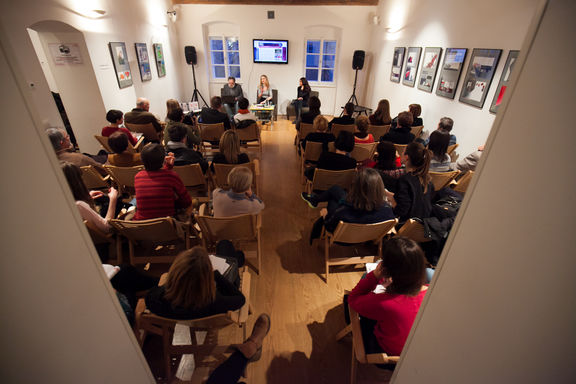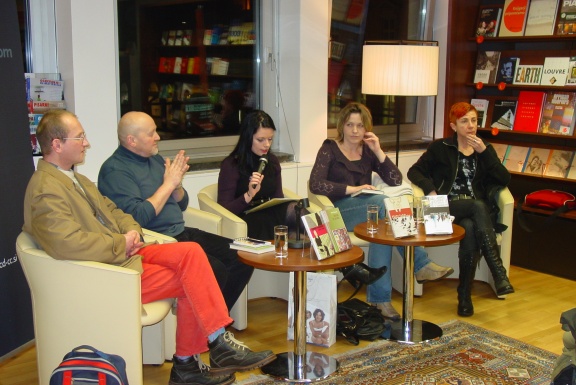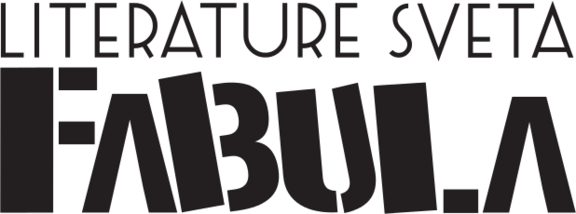World Literatures - Fabula Festival
Background
Founded in 2003, Fabula Festival has hosted many modern classics: Herta Müller, Irvin Welsh, Jonathan Franz, Hanif Kureishi, David Grossman, Janice Galloway, Richard Flanagan, Taiye Selasi, Tatiana Tolstoy, Eric Vuillard, Rachel Cusk, Deborah Levy, Jokha Alharthi, Bernhard Schlink, Vladimir Sorokin, Chimamanda Ngozi Adichie and many others. The festival’s concept has evolved and improved throughout the years and is now based on a curator’s pick of five authors, who are already considered literary classics or who have made a significant mark on world literature in recent years with their work.
The festival started off as a Fabula Festival of Stories, taking place in several cities round Slovenia. The 3rd Fabula Festival of Stories 2006 hosted in three weeks 10 world-famous writers – Milorad Pavić from Serbia; Miljenko Jergović, Krešimir Mišanović, Krešimir Bagić, and Robert Perišić from Croatia; Claudio Magris and Diego Marani from Italy; Georgi Gospodinov from Bulgaria; Kader Abdolah from the Netherlands; and Toby Litt from the United Kingdom – who presented their work at more than 20 literary events. A public discussion entitled Dramatisation of Novels took place at the Slovene National Theatre Drama Ljubljana. Also accompanying the festival were a panel discussion about Slovene and Croatian fiction entitled Jeziki mesta [Urban Languages], and a conference on film stories. In 2007 the theme of the festival was Death and the festival featured some panel discussions involving artists, doctors, sociologists, and anthropologists.
World Literatures Fabula Festivals
World Literatures Fabula Festivals over the years hosted many well-known writer’s and covered many pressing literary, political and philosophical issues. Fabula Festival is a unique celebration of the arts and libraries and their power to transform lives, here are some of festivals.
World Literatures - Fabula Festival 2010 was one of the core events of the World Book Capital Ljubljana 2010. The festival hosted Herta Müller, David Grossman, Jonathan Franzen, Michal Viewegh, Daniel Kehlmann, and Richard Flanagan and presented the new translation of their works into Slovenian language. Screenings of the films based on the works by Fabula guests took place in Kinodvor Cinema.
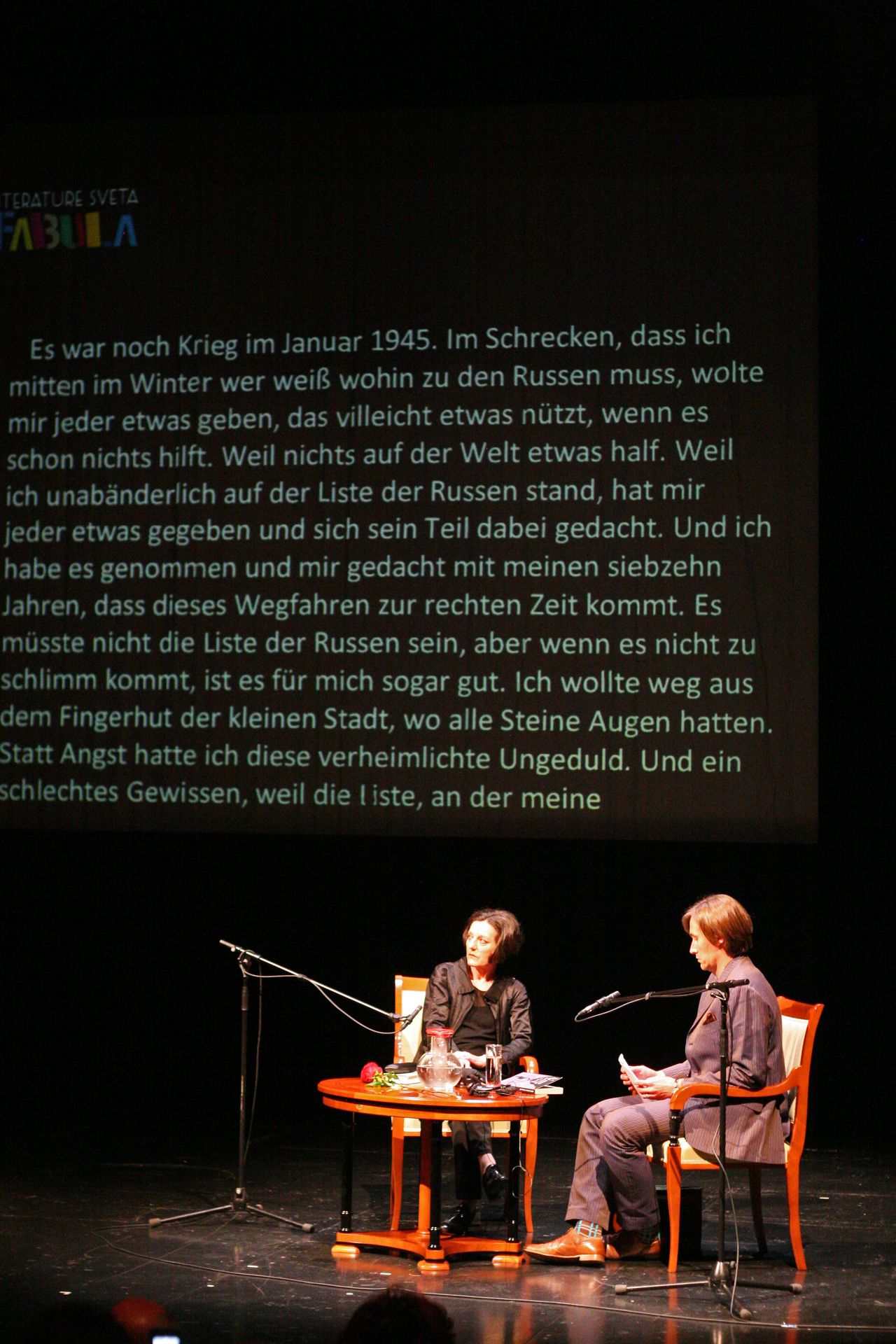
The festival programme brought the book and literature into the streets and squares of the city: the promenade at Breg Street in the old city centre turned into the authors' cities: the words, music, film and smells depicted the cultures of New York, Jerusalem, Prague, Vienna, and Sydney. Music concerts featured the Chili dogs, Keel Klezmer Band, Godalika, Saxophone quartet 4saxess, AHIMSAUrban band, as well as a huge choir event: eighteen Slovene choirs accompanied by the Philharmonics orchestra sang works by Slovene poets. Secondary school students wrote down Prešeren's epic Krst pri Savici [Baptism at the Savica] on the Ljubljana promenade in free typographic forms, accompanied by the rap authors Boštjan Gorenc - Pižama and Klemen Klemen.
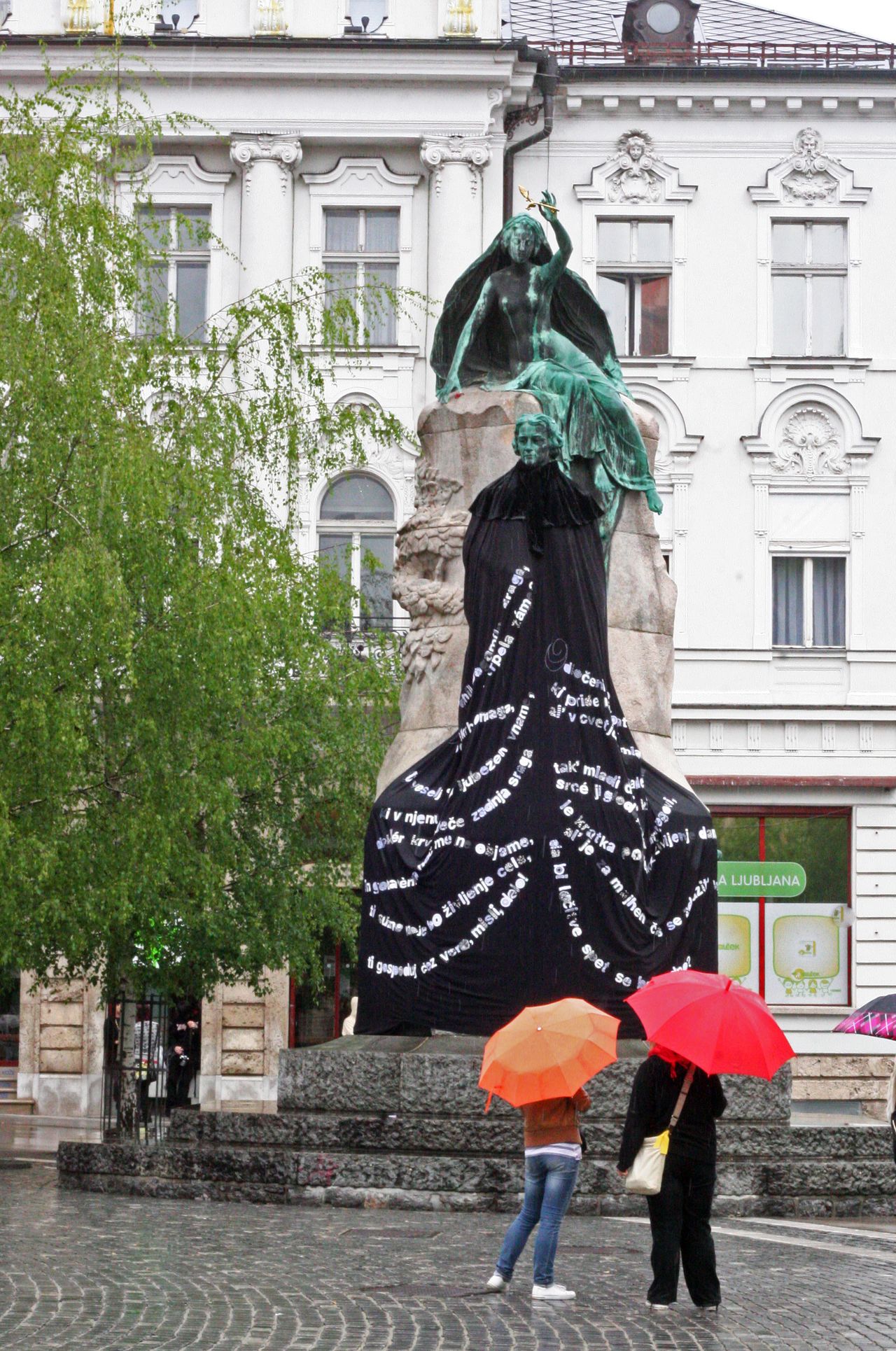 Prešeren's Coat, by Andreja Brulc, art installation using passages from the poet's longest poem Krst pri Savici[Baptism at Savica] on a new robe dressing Prešeren's monument, World Literatures - Fabula Festival, 2010
Prešeren's Coat, by Andreja Brulc, art installation using passages from the poet's longest poem Krst pri Savici[Baptism at Savica] on a new robe dressing Prešeren's monument, World Literatures - Fabula Festival, 2010
In 2011 the festival "World Literatures – Fabula 2011" hosted César Aira, Niccolò Ammaniti, Per Olov Enquist, Cristoph Ransmayr, Drago Jančar, and Margriet de Moor. Again the festival presented a fabric of talks, books, and the related films, sounds, fairy tales, and images of the writers' countries. The topic of Islam was dealt with by connoisseurs from Slovenia, Bosnia-Herzegovina, and Turkey, the latter being the country in focus within The International Within the Local, a poetry and translation project. The international symposium focused on Edvard Kocbek, whose susceptibility to complexity and paradoxes of human psychological structure and social existence often made him a victim of the ideologically uniform times. The Fabula Award for the best Slovenian collection of short stories from the past two years was given to Lado Kralj for Kosec koso brusi (A Reaper Grinds His Scythe).
The 9th Fabula Festival in 2012 hosted Hanif Kureishi (UK), Amitav Gosh (USA), Mikhail Shishkin (RU) and Leena Krohn (FI). On this occasion a book by each author was translated into Slovene and published along with a short story collection by five Slovene authors: Dušan Čater, Mojca Kumerdej, Andrej E. Skubic, Suzana Tratnik and Goran Vojnović. Authors presented their work at 5 main literary events accompanied by 20 other events such as literary readings, round tables, symposia, children’s program and other events with guests from around the world. The Fabula Award for the best Slovenian collection of short stories from the past two years was given to Dušan Čater for his collection Džehenem (‘hell’ in Turkish).
In 2013 the Fabula guests were Irvine Welsh (GB), Ilija Trojanow (BG), Eduardo Sanchez Rugeles (VE) and Dorota Masłowska (PL) along with Slovene authors: Stanka Hrastelj, Milan Kleč, Marko Sosič and Dušan Šarotar, in 2014 the guests were Péter Esterházy, Juan Goytisolo, Jacqueline Raoul-Duval, Thomas Brussig, Gabriela Babnik, Nejc Gazvoda, Alojz Ihan, Vesna Lemaić and Miha Mazzini, who tackled the festival focus Faces of Freedom Revealed. In March 2014 arrived a special guest, Michel Houellebecq, well-known to Slovene readers through the five translated novels.
In 2016 edition of the Fabula hosts Matthias Göritz, Cees Nooteboom, Juan Gabriel Vásquez and Sjón, while Slovenian guest is illustrator and artist Samira Kentrić presenting her new graphic novel. The festival's topic was Newcomers, a pressing issues being a subject of discussions with Igor Štiks, Peter Vermeersch, Jean-Claude Milner, Alenka Zupančič, Srečko Horvat, Teofil Pančić, Ervin Hladnik Milharčič and Anica Mikuš Kos.
Fabula Festival 2019 focused on walls; at first glance with the fall of the Berlin Wall, which became historical event three decades ago, but also with many others kind of walls: walls between reality and fiction, past and present, walls between cultures, between the emotions of people who have difficulty communicating ... and last but not least also with real walls, brick and concrete, that characterize our architectural landscape. Sixteen edition of festival brought many important names of world literature to Ljubljana, such as Ingo Schulze, Éric Vuillard and Tatjana Tolstoj.
Venues
The Fabula Festival takes place in several cities round Slovenia. The Fabula Festival of Stories in 2006, for example, was organised in Ljubljana, Maribor, Postojna, Izola, and Koper.
The events of the 2010 festival took place in Ljubljana (Cankarjev dom, Kinodvor Cinema, the City Museum of Ljubljana, the Slovene Ethnographic Museum, and Beletrina Bookshop); in Maribor (Center of Jewish Cultural Heritage Synagogue Maribor); Ptuj (Ivan Potrč Library); Ribnica (Mikl House Library); Koper (Dom knjige Bookshop); and Trieste, Italy.
The venues of the Fabula 2011 included also hospitals, homes for the elderly, and crisis centres, as well as urban streets in collaboration with an initiative of the homeless, the magazine The Kings of the Street [Kralji ulice].
Recently the main part of the festival programme has been located in Ljubljana while the pre-festival events take place in Kranj, Koper, Celje, Novo mesto, Maribor and Trst/Trieste.
See also
External links




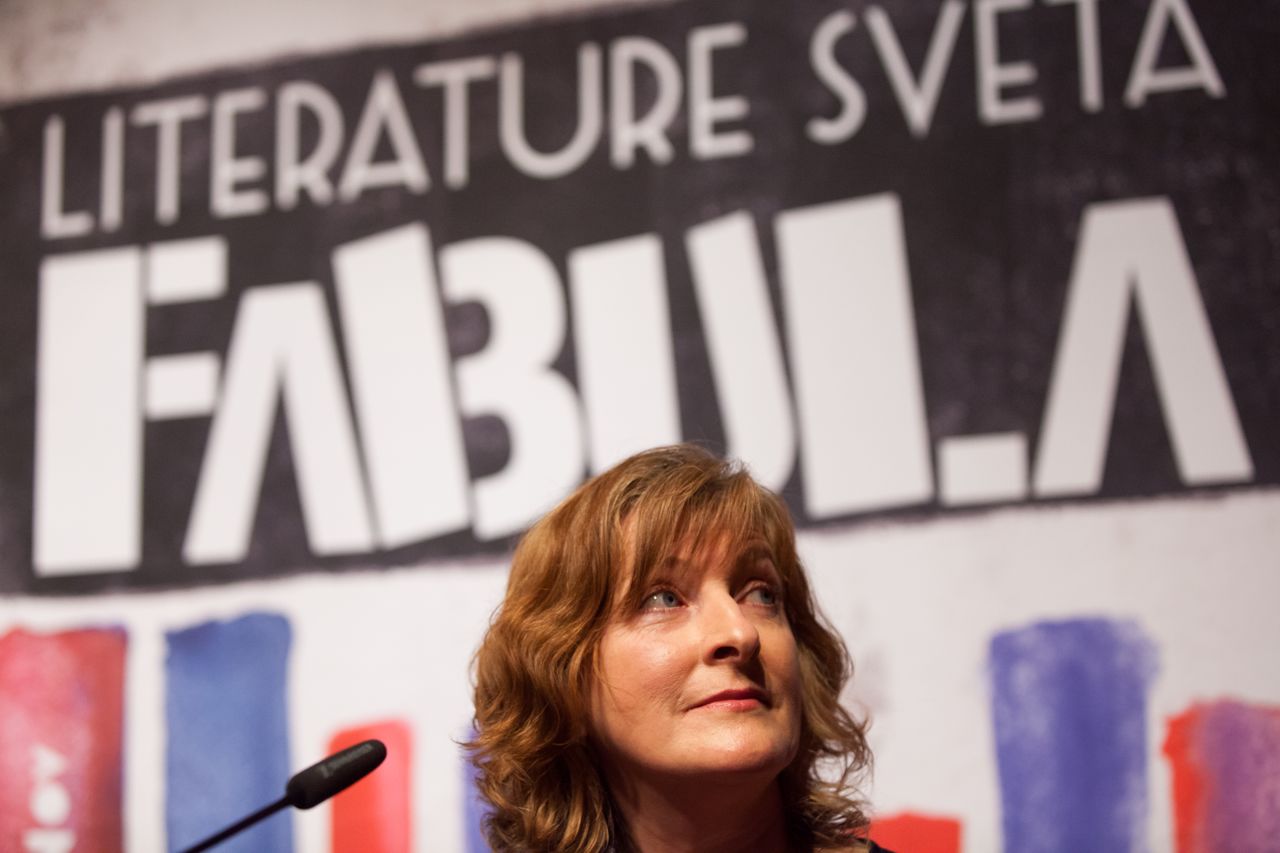
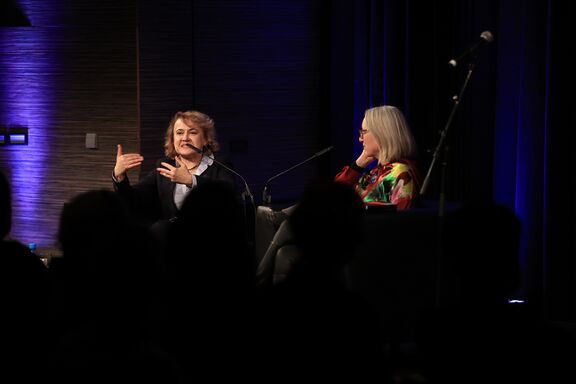
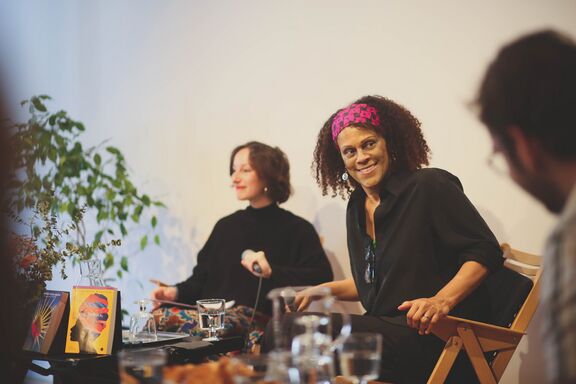
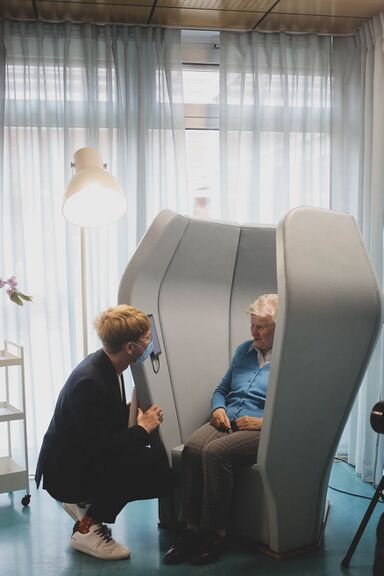
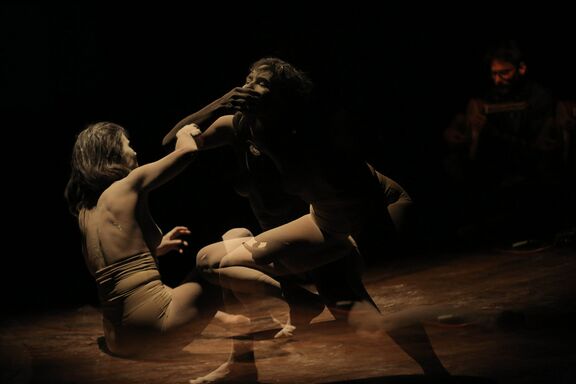
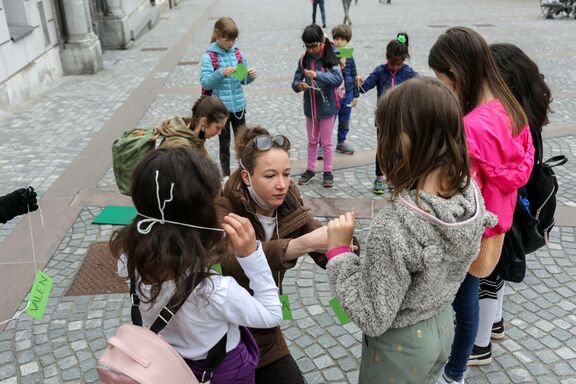
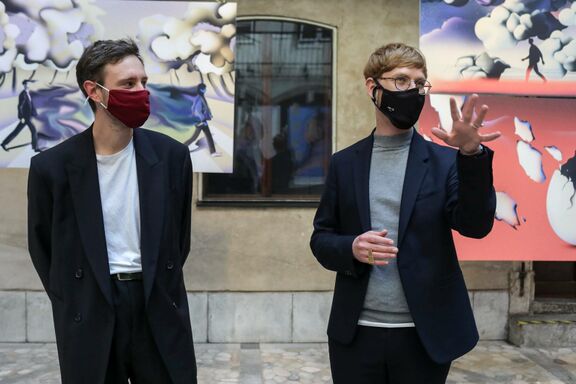
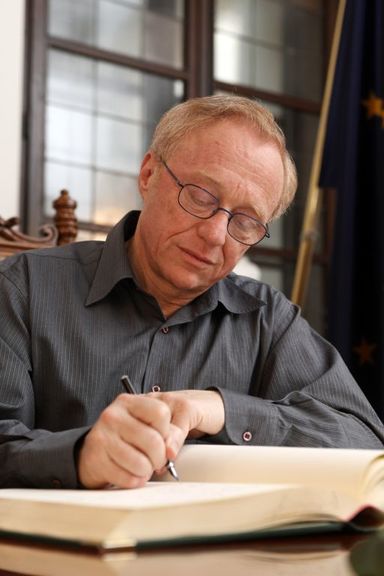
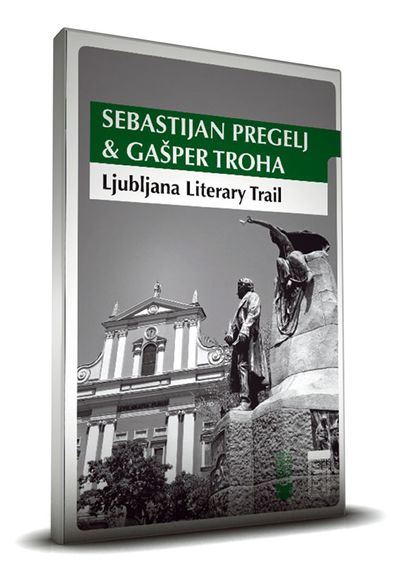
![Niccolò Ammaniti's Jaz in ti [You and Me] book cover, 2010](/images/thumb/7/74/Fabula_Festival_-_11.jpg/455px-Fabula_Festival_-_11.jpg)
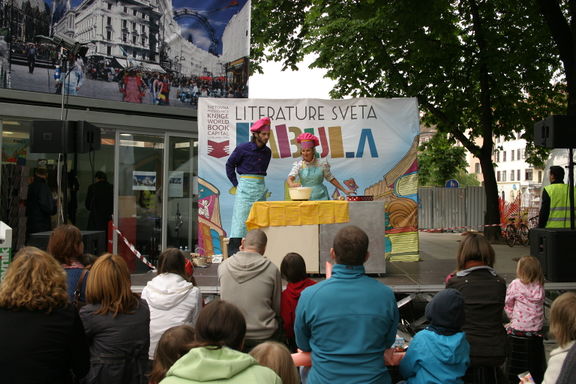
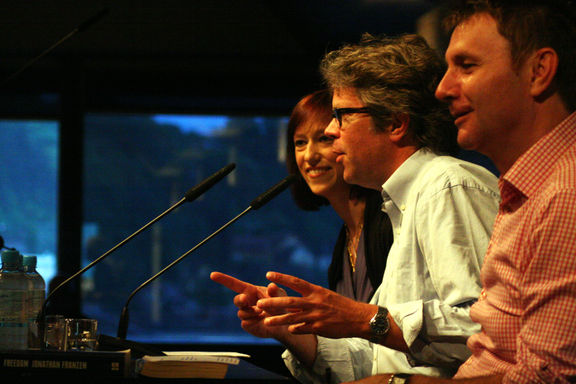
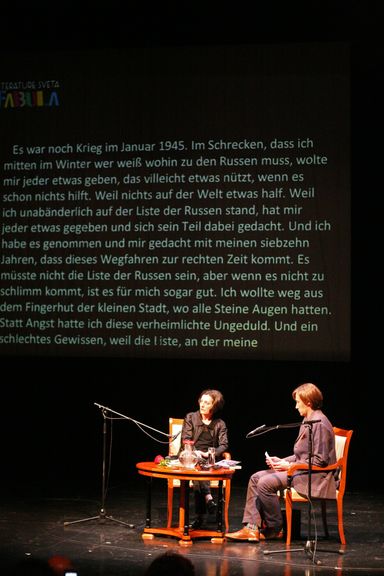
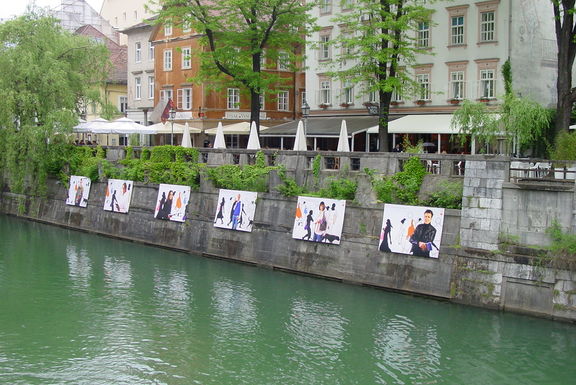
![Prešeren's Coat, by Andreja Brulc, art installation using passages from the poet's longest poem Krst pri Savici[Baptism at Savica] on a new robe dressing Prešeren's monument, World Literatures - Fabula Festival, 2010](/images/thumb/6/64/Fabula_Festival_2010_Preseren%27s_Coat_Photo_Mojca_Pisek.jpg/382px-Fabula_Festival_2010_Preseren%27s_Coat_Photo_Mojca_Pisek.jpg)
